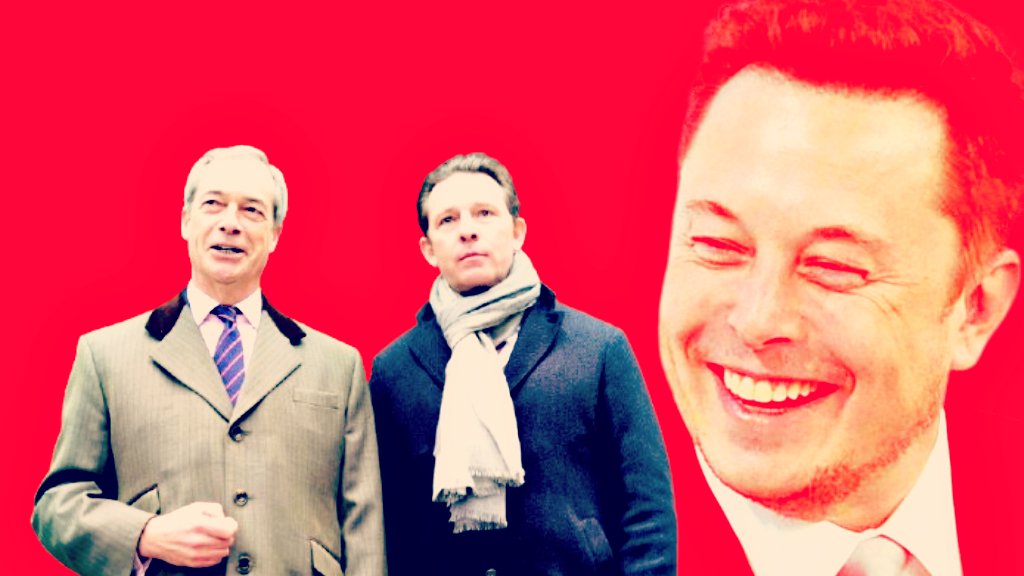In a significant political shift, the United Kingdom has diverged from the wider European trend of electorates gravitating toward conservative leaders and parties. Rejecting the Conservative Party, which held power for 14 years from 2010 to 2024 under five different Prime Ministers—David Cameron, Theresa May, Boris Johnson, Liz Truss, and Rishi Sunak—the British electorate has instead delivered a decisive victory to the Labour party. This surprising outcome reflects a growing discontent with the Conservatives, fueling the rise of new political forces, notably Nigel Farage’s Reform UK party. Farage, once synonymous with the Brexit movement, is now positioning himself as a serious contender for the next general elections, suggesting his party could fundamentally reshape the UK’s political landscape.
Farage’s Reform UK is rapidly gaining traction, with headlines indicating internal shifts designed to elevate its status further. Among these developments, Nick Candy, a prominent property tycoon and major donor, has recently joined Farage’s Reform UK as Treasurer. Candy, who has publicly declared his commitment of £1 million to the party, is actively working to raise additional funds from wealthy benefactors. His involvement has raised expectations within the party, forecasting that Reform UK could potentially surpass the Conservative Party’s membership, which currently stands at around 130,000. Such an influx of support could drastically alter the dynamics of British politics as the party prepares for what promises to be a fiercely competitive election landscape.
Candy’s ambitions for the party have gained momentum amid speculation that they may attract financial backing from high-profile figures, particularly American billionaire Elon Musk. It’s rumored that Musk could potentially donate as much as $100 million to Reform UK, further fueling its growth and influence. Candy has emphasized that Musk appears interested in supporting the party’s mission and that the possibility of substantial financial contributions could invigorate their political standing in the upcoming elections. As they seek to professionalize and resource their campaigns, the prospect of such funding has ignited enthusiasm within the party.
Despite the excitement surrounding the potential allyship with Musk, Farage has been cautious in his comments, stating he knows little about any possible contributions. However, he has not dismissed the idea and indicated that such assistance would be welcomed. The discussions between Candy and Musk suggest that they may also seek strategic guidance to improve their political effectiveness, mirroring Musk’s political maneuvers which helped broker a significant partnership with President-elect Trump in the U.S. political landscape.
In addition to financial contributions, Candy has expressed a desire to learn from Musk’s successful campaign strategies, particularly those utilized in pivotal battleground states. His comments reflect a broader curiosity about integrating innovative political tactics that could resonate with the UK electorate. As Reform UK attempts to position itself as a credible alternative to traditional parties, leveraging insights from successful figures in other countries could play a crucial role in shaping their approach to voter engagement and messaging.
Ultimately, the rise of Reform UK under Farage’s leadership represents a significant recalibration within the British political sphere. If Candy’s predictions about surpassing Conservative Party membership come to pass, it could herald a dramatic shift not only in party dynamics but also in the electoral landscape as a whole. As the party looks ahead to the next general elections, the dual pathways of acquiring both influential financial backing and strategic advice signal an ambitious and potentially transformative campaign that could redefine the parameters of political power in the UK.

